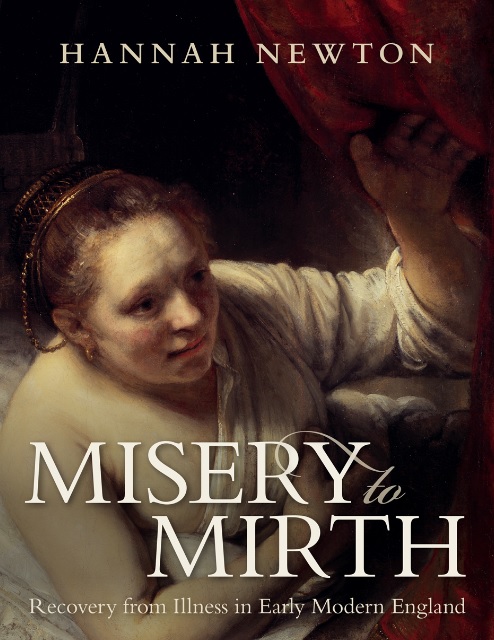The NHS turns 70 this year, giving us the chance to appreciate the fact it is there to turn to whenever we get ill. But what did people do before the NHS and the luxury of modern medicine? University of Reading historian Dr Hannah Newton reveals her findings from studying diaries and letters written by Early Modern families who faced serious diseases armed with little more than their faith.
Cancer survival has doubled over the last 40 years, and death rates from stroke have halved since 1990. These positive trends are reflected in the upsurge of survivor stories in social media, where individuals broadcast their experiences of illness and recovery, and describe how the close shave with death has changed their outlook on life. ‘I don’t let little things get on top of me as much anymore’, reflects Keith Hubbard, a musician from Merseyside, 14 years after treatment for prostate cancer.
We might assume that this is a recent phenomenon. In more distant times, when epidemics were rife and medicines ineffective, it would seem likely that death was the only possible disease outcome. However, a foray into the diaries and letters of seventeenth-century patients and their families reveals a happier history. My new book, Misery to Mirth, shows that getting better was a widely reported occurrence at this time, and one which gave rise to emotionally-charged outpourings comparable to those produced today.










